Packaging machines play a vital role in increasing the efficiency of production-based businesses. They can also enhance the overall quality of packaging, and protect factory workers from the potential hazards associated with manual packaging.
However, finding the ideal packaging machine for different businesses isn’t always easy. This guide will point out some of the key things to consider when deciding which options to stock.
Market forecast of the packaging machine industry
In 2020 the market value of the packaging machine industry was $43 billion—with a projection to reach about $69 billion by 2030. In other words, the market is predicted to see an annual growth rate of around 4.7% from 2021 to 2030.
This projected growth is driven by increasing demand for consumer goods and widespread adoption of package automation. Also, increased emphasis on industrial safety measures is another factor that has influenced the industry’s growth.
Globally, many regions will likely see an increase in production that will contribute to the growth of the packaging machine market. For example, North America, Europe, Asia-Pacific, Latin America, Middle East and Africa (LAMEA). Amongst these regions, the LAMEA region is the fastest growing market—with countries like Argentina, Columbia, and Nigeria driving the growth. These countries are experiencing an increase in personal disposable income, which in turn boosts demand for packaged goods.
Packaging machine buying guide: five things to consider
The type of packaging material
Before choosing a packaging machine, buyers must consider how they will package their products.This is because different machines are better suited for certain types of products. But the operating costs and intended quantity also matters. For example, a buyer may decide to save money upfront by buying a manual L-bar sealer, but this could drive up costs in the long run – as they tend to use more materials. In such a case, getting a pricier automated sealer will mean that less is spent over time because the machine uses fewer materials.
That said, it’s also good for businesses to consider the quantity of items they intend to produce. Using an automatic sealer won’t necessarily be the most cost-effective option for small businesses that intend to deliver under around a thousand products every week.
The cost of packaging machines

Businesses should always consider their budget before selecting a packaging machine because it’s a huge investment.
Businesses with healthy budgets can invest in machines with bigger price tags. These heavy-duty machines are costlier, but they can make up for this in terms of effectiveness and efficiency. On the other hand, small businesses can make the most of more affordable machines, allowing them to meet their quotas without hurting their finances.
Small-scale packaging machines usually range from $1,500 to $10,500. Mid to large-scale packaging machines can cost anywhere from $23,000 to $150,000, and prices can even go higher depending on the machine’s capacity.
The speed of the machine
Before choosing a machine businesses should consider:
1. How many products they are producing per day?
2. How quickly they need to be packaged?
These answers can help businesses to identify the right machine for their specific needs. For instance, large-scale businesses, such as those who operate in the fast moving consumer goods (FMCG) sector, would want a machine capable of packaging many units per hour. Most large-scale packaging machines can produce around 40 to 400 products every minute.
On the other hand, businesses that operate with slower product turnover could invest in small and mid-scale machines, which are usually capable of packaging around 20 to 50 items per minute.
The sturdiness of the machine, especially at full capacity

Sturdiness is a key factor to consider before buying a packaging machine. The best things for businesses to consider with regard to sturdiness are whether the machine has a robust design, and whether it has moving parts – which helps to reduce vibration.
Another point worth inspecting is whether the machine can handle full production capacity without notable strain. Also, the machine should be able to run production for extended periods without excessive downtime, or without having to have parts frequently replaced.
The potential for product changeover
Businesses concerned about efficiency should consider the packaging machine’s potential for product changeover. Changeover is a process whereby the users can change the machine from running one product to running another. This could be an especially important consideration for smaller businesses who aim to use one machine for multiple packaging needs.
Bonus tip: consider the packaging sizes
Finally, it’s important for businesses to consider the size of the package they intend to manufacture before choosing a packaging machine. On top of this, it’s also worth thinking about the shapes of the packages. If their is an intention to produce packages with irregular or unique shapes, it’s wise to seek out versatile machines capable of such shapes and sizes, to avoid disappointment.
The different types of packaging machines
Filling and bottling machines
These are packaging machines designed to fill various containers with a high level of accuracy. Filling machines pour liquids, grains, and other products into ready-made containers while bottling machines work with certain beverages such as soda, beer, or wine.
Sterilization machines
Different transmissible agents like bacteria, spores, and viruses can contaminate consumables during production.
Sterilization machines effectively eliminate these transmissible agents and prevent anything contaminating and threatening the consumers’ health. These machines ensure that only safe products enter the market.
Carbonators and Pasteurizers
Carbonators create bubbles or fizz in liquids by adding carbon dioxide to beverages, and of course there are various kinds of carbonating machines available to do so.
Pasteurizers, on the other hand, remove all forms of E.coli and other organisms from the product. Pasteurizing machines handle partial sterilization, which makes beverages safe and prevents them from spoiling quickly.
Case Packers
Manual packing can be time consuming, as well as being labor intensive and dangerous at times. Case packers are useful because they can speed up the packing process and allow employees to concentrate on other less repatative tasks. Case packers can reach impressive packaging speeds of up to fifty packs per minute.
Palletizers
Palletizers make the production process more efficient by eliminating the manual process of packing boxes on pallets. A palletizer is a machine that automatically stacks finished goods or products properly before sending them into the market.
Heat sealing machines

Heat sealing machines use heat to seal packages by melting adhesives or plastic films. Some heat sealers feature shrink wrapping that removes extra air from packages before sealing them.
Strapping and bundling machines
Production lines need to either strap or bundle their products based on the product type.
Strapping machines strap heavy boxes for added protection after taping, while bundling machines secure metal rods into bundles.
These two machines add extra layers of protection to products and make it easier and safer to transport them.
Coders and printers
Counterfeiting is a big deal in the production world. Product coders and printers print date codes, QR codes, logos, and other forms of branding on product surfaces, offering a possible solution to counterfeiting, as well as providing important product details. While laser printers, on the other hand, can be used to engrave or brand premium products.
Case erectors
Case erectors can help users save time on an assembly line by quickly erecting the boxes after packaging and sealing. Some also feature sealing and packaging capabilities in one machine, which creates a seamless sealing, packing, and boxing process.
Labeling machines
Labeling machines use thermal technology to print and apply labels for product identification. These machines play a vital role in production because labels are often required on products, and they provide additional information to consumers.
Some of these machines feature direct thermal printers that work for various labeling applications, while others feature thermal transfer printers that offer more durable and long-lasting labels.
Summary
This blog has aimed to point out five key things businesses should consider before purchasing a packaging machine. It also highlighted the different kinds of packaging machines used in the processing and packaging industry.
It is hoped that the information shared here will help business to find the right machines to meet their packaging needs, and help suppliers to stock the best machines to help them to do so.
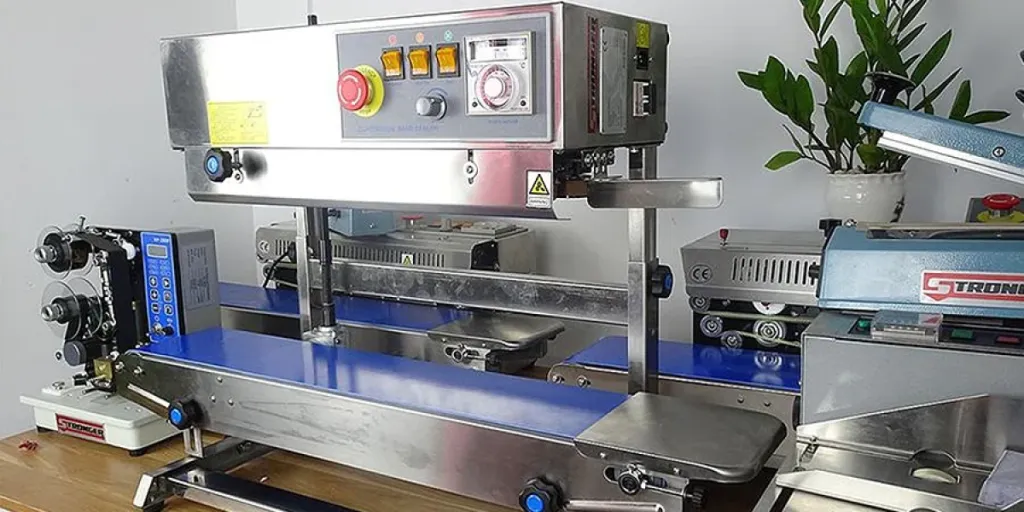
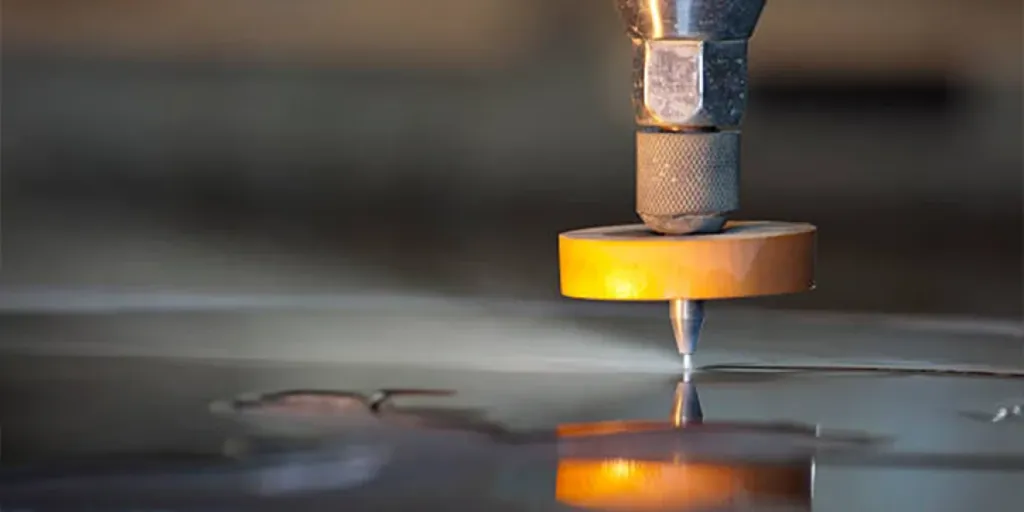
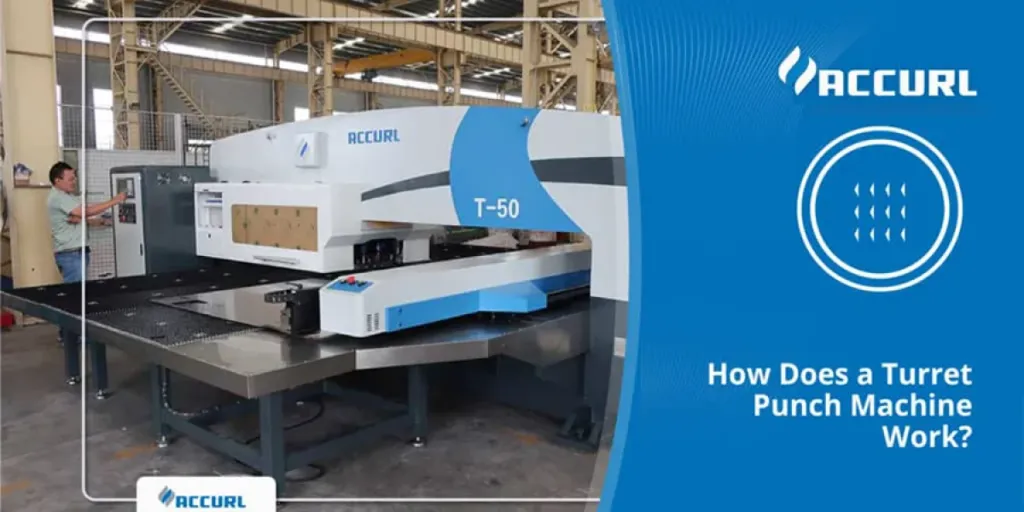
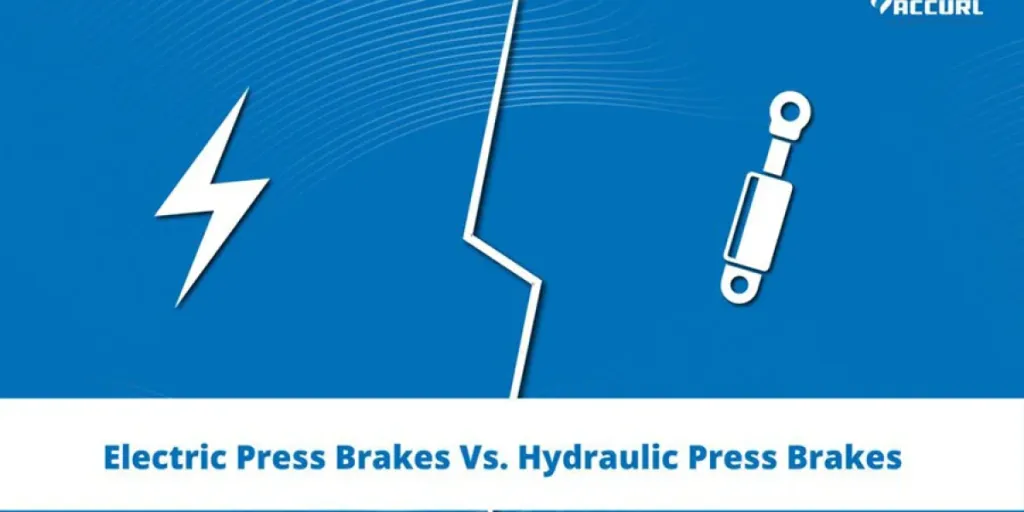
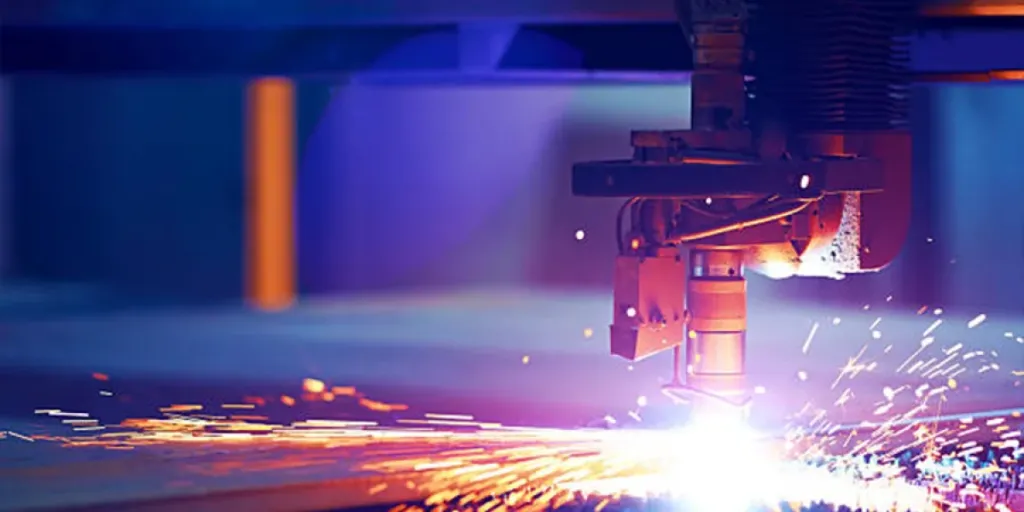
Heyа i’m for the first time here. I found this board and І find It really useful & it helped me out
a lot. I hope to give something back and help othеrs like ʏou helped me.